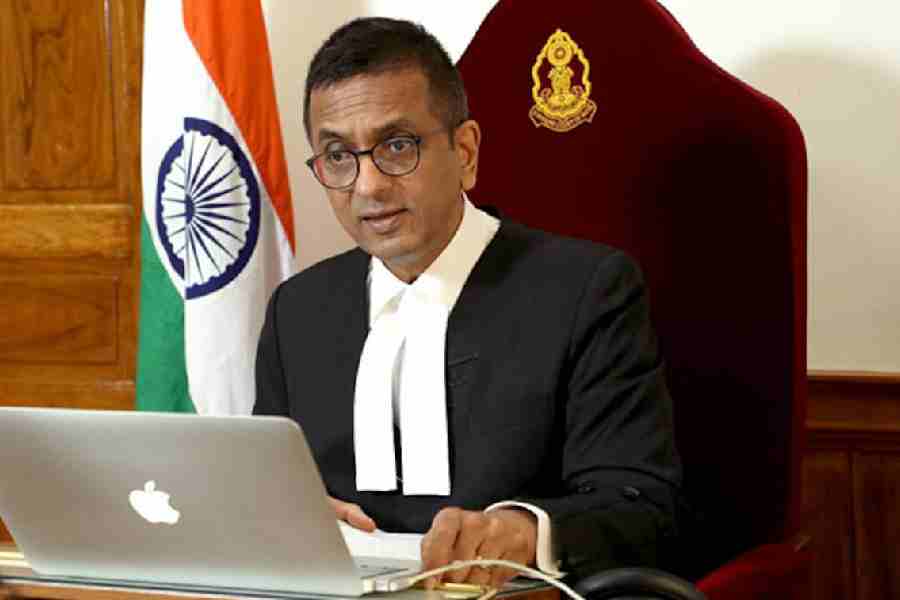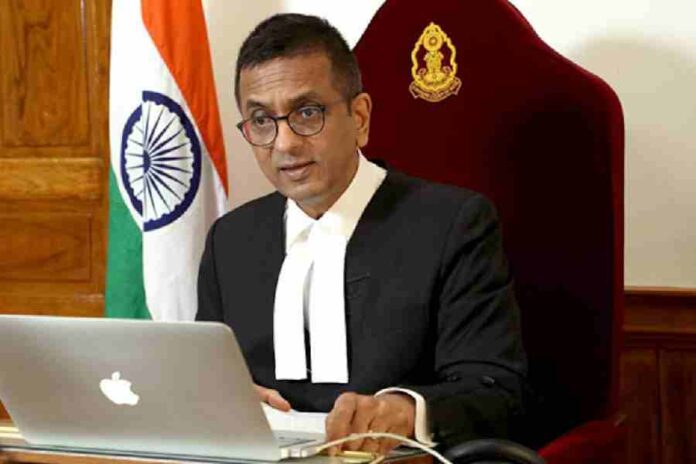
In a significant development, Chief Justice of India, DY Chandrachud, unveiled measures aimed at enhancing transparency within the collegium system responsible for judicial appointments. He underscored the need to augment the transparency surrounding the process of recommending appointments to the Supreme Court. While he acknowledged that the discussions within the collegium could not be publicly disclosed, he emphasized that steps were being taken to introduce transparency in other aspects of the selection process.
Justice Chandrachud’s statement reflects a broader effort within the Indian judiciary to address concerns regarding the opacity of the collegium system. This system, which comprises the senior-most judges and plays a pivotal role in appointing judges to higher courts, has faced scrutiny and criticism for its perceived lack of transparency and accountability.
The move towards increased transparency is seen as an important step in bolstering public confidence in the appointment process and ensuring that it is conducted with the utmost integrity. It is expected that these measures will involve providing clearer guidelines and criteria for the selection of judges, as well as more detailed documentation of the reasons behind appointments.
Overall, the endeavor to enhance transparency in the collegium system is a significant development in India’s legal landscape. It reflects a commitment to upholding the principles of justice, fairness, and accountability in the judicial appointment process, ultimately contributing to the strengthening of the country’s judicial institutions.



